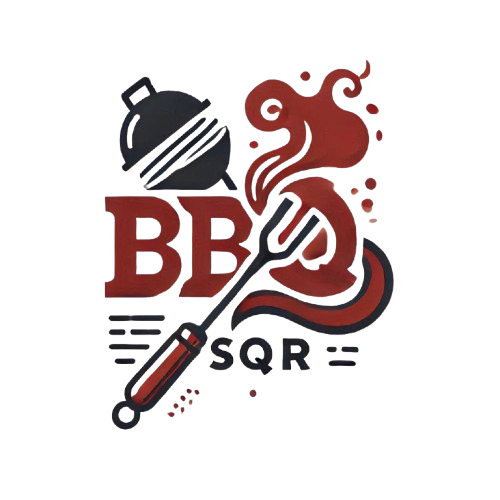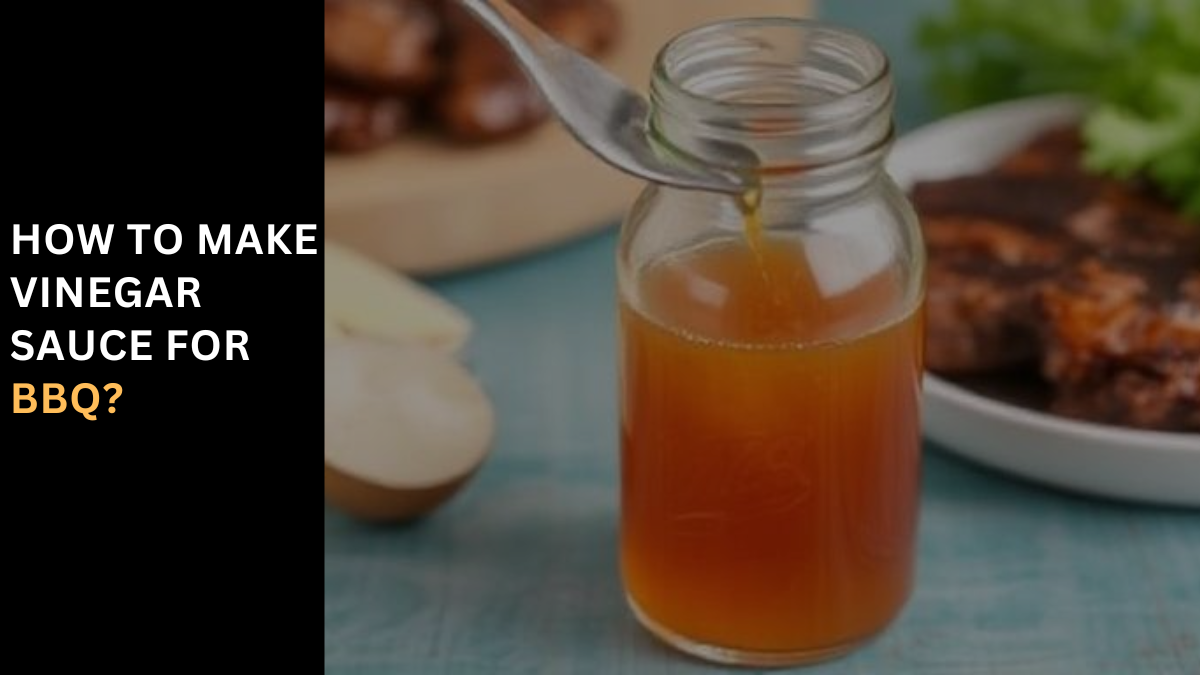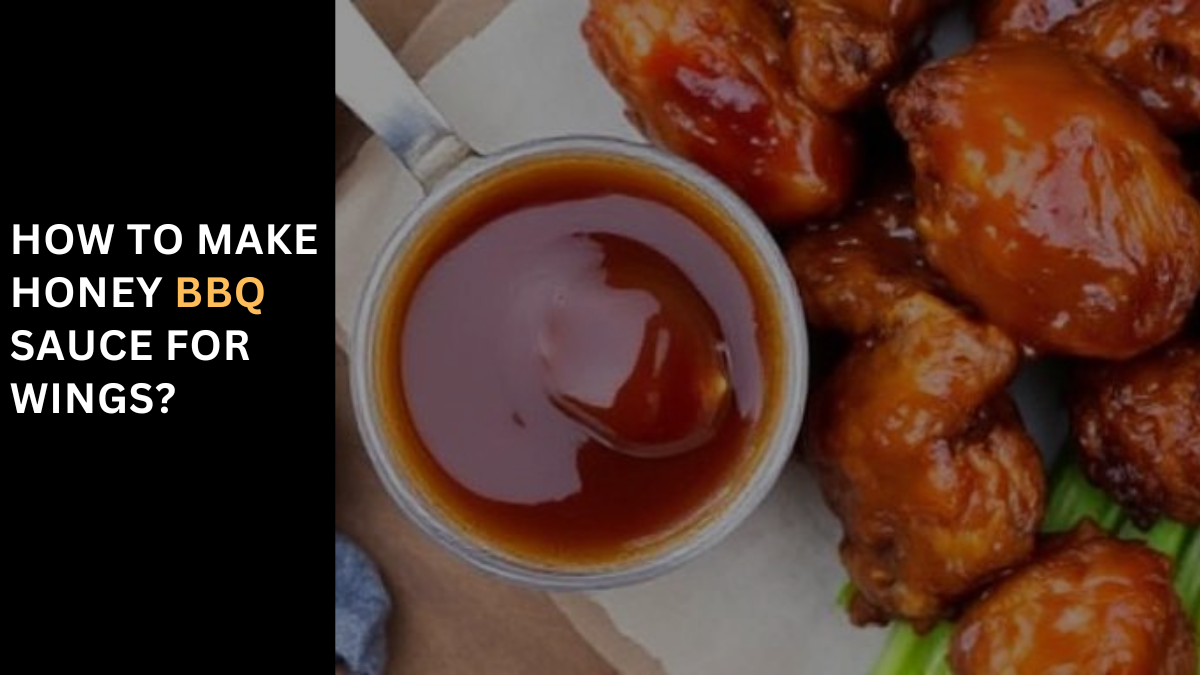Can I Sell BBQ from My Home in Texas?
Introduction
Texas and BBQ go hand in hand. If you’ve ever dreamed of firing your smoker and selling BBQ straight from your backyard, you’re not alone. Many Texans love turning their passion for BBQ into a business.
But can you legally sell BBQ from your home in Texas? The answer isn’t as straightforward as you might think. Let’s explore the ins and outs of selling BBQ from home in the Lone Star State.
Understanding Texas Food Regulations

When it comes to selling food from your home, Texas has specific laws that you need to follow. The Texas Cottage Food Law was enacted to allow residents to sell certain homemade food products without needing a commercial kitchen.
But the law only covers specific items like baked goods, jams, and dried herbs. BBQ, however, falls under a different category due to health concerns related to meat preparation.
BBQ and the Cottage Food Law
The Texas Cottage Food Law allows you to sell low-risk foods that don’t require refrigeration. BBQ, on the other hand, involves handling raw meat and cooking it, which raises food safety issues.
As a result, you cannot sell BBQ under the Cottage Food Law in Texas. This means you’ll need to follow a different set of rules if you want to sell BBQ from home.
Local Health Department Rules
One of the key agencies you’ll need to work with is your local health department. They regulate food safety and sanitation for businesses that sell prepared foods, including BBQ.
To legally sell BBQ from your home, you’ll need to obtain a food permit, pass a health inspection, and meet specific requirements related to food handling, storage, and preparation.
Permits and Licensing
In Texas, selling BBQ from home requires obtaining a food establishment license. You’ll need to apply through your local health department, which typically involves an application fee and an inspection of your home kitchen.
The costs for permits and licenses vary depending on the county, so it’s important to check with your local authorities.
Home-Based BBQ Business: Health and Safety Standards

Health and safety standards are crucial when selling BBQ from home. You must ensure that your kitchen and food preparation areas are clean and sanitary.
This includes proper handwashing, using food-grade equipment, and storing ingredients at the correct temperature. Additionally, cross-contamination between raw and cooked meat must be avoided at all costs.
Zoning Laws in Texas
Before you start selling BBQ from home, you’ll need to check your local zoning laws. Some residential areas don’t allow home-based businesses, while others have strict rules about what can and cannot be done in a home kitchen.
If your neighborhood isn’t zoned for home-based food businesses, you may need to rent a commercial kitchen or look for other options.
Commercial Kitchen Requirements
Because BBQ involves cooking and handling meat, you may need a commercial kitchen to comply with Texas health regulations.
Setting up or renting a commercial kitchen ensures that your operation meets all food safety requirements. Many entrepreneurs choose to rent space in an existing commercial kitchen to keep costs low.
Marketing Your Home-Based BBQ Business
Once you’ve got your licenses and kitchen in order, it’s time to get the word out! Marketing your home-based BBQ business can be done through social media, word of mouth, and even local food festivals.
Create a brand for your BBQ, engage with your community, and promote your delicious offerings to attract a loyal customer base.
Pricing Your BBQ
Pricing your BBQ can be tricky. You’ll need to factor in the cost of ingredients, time spent preparing the food, and any overhead expenses like permits or kitchen rental.
Research the local market to see what other BBQ vendors are charging and find a competitive price point that works for you.
Delivery and Take-Out Options
Offering delivery or take-out services can help you expand your business. Many home-based BBQ businesses use delivery apps or offer curbside pickup to make it easier for customers to enjoy their food. Just be sure to follow any local regulations related to food transportation and delivery.
Liability and Insurance for a BBQ Business
Liability is a big concern when selling food from home. Having proper insurance coverage is essential to protect yourself in case something goes wrong, like a customer getting sick or injured. Look for general liability and product liability insurance specifically designed for food businesses.
Tax Implications for Home-Based BBQ Business
Running a home-based BBQ business also comes with tax responsibilities. You’ll need to report your income, collect sales tax, and keep records of your expenses. Fortunately, you may also be able to deduct certain business expenses, such as kitchen supplies and marketing costs.
Success Stories: Texans Selling BBQ from Home
There are many Texans who have successfully turned their love of BBQ into a thriving home-based business. These entrepreneurs have navigated the challenges of permits, health regulations, and marketing to build successful operations. Their stories can offer valuable insights and inspiration for anyone looking to sell BBQ from home.
Conclusion
Selling BBQ from your home in Texas is possible, but it requires careful planning and adherence to local regulations. From securing permits and setting up a commercial kitchen to marketing your business, there are many steps involved. With the right approach, though, you can turn your BBQ skills into a successful business.
FAQs
- Can I sell BBQ from my home in Texas under the Cottage Food Law?
No, BBQ is not covered under the Texas Cottage Food Law due to food safety concerns related to meat preparation. - Do I need a commercial kitchen to sell BBQ from home?
Yes, because BBQ involves handling raw meat, you may need to prepare it in a commercial kitchen to meet health regulations. - What permits do I need to sell BBQ from home?
You’ll need a food establishment license and possibly other local permits, depending on your county. - Can I offer delivery for my home-based BBQ business?
Yes, but you’ll need to follow local regulations for food transportation and delivery. - What insurance do I need for a home-based BBQ business?
You should consider both general liability and product liability insurance to protect yourself and your business.




